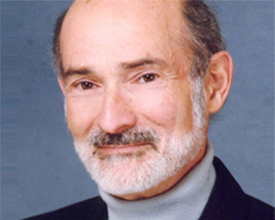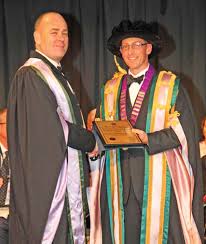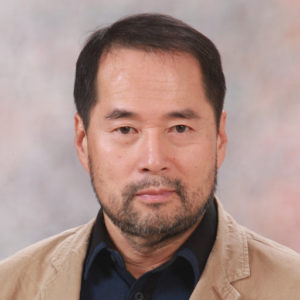Dr. SOEURN Visal

With the purpose of providing pharmacy students the opportunity to gain clinical knowledge and skills from different cases in hospitals, pharmacies and laboratories, the Clinical Pharmacy Club (CPC) has introduced new training on the main roles of clinical pharmacists in ensuring patient safety, efficacy, and economy during in a week-long session. With 38 members being coordinated by Mr. Tan Chantrea, the CPC aims to illustrate the process of care for clinical pharmacists (identifying problems, assessment, education and counseling, and monitoring).
Clinical pharmacists’ roles are important in all health care settings as they must:
– Assess the status of patients’ health problems and determine whether the prescribed medications are optimised to meet patient needs.
– Evaluate the appropriateness and effectiveness of patient medications.
Resolve untreated health problems with appropriate medication and therapy.
– Follow patients’ progress to determine the effects of medications wider health.
– Consult with patients’ physicians and other health care providers in selecting the medication therapy that best meets the patient’s needs while contributing effectively to overall therapy goals.
– Advise patients on how to best take medications.
– Support the health care team’s efforts to educate patients on other important steps to improve or maintain health, such as exercise, diet, and preventive steps like immunization.
– Refer patients to their physicians or other health professionals to address specific health, wellness, or social services related concerns as they arise.
The role of clinical pharmacist is very challenging, particularly in developing countries due to the shortage of qualified pharmacists, lack of guidelines in prescribing and dispensing medicines and the wider regulatory challenges within health systems.














